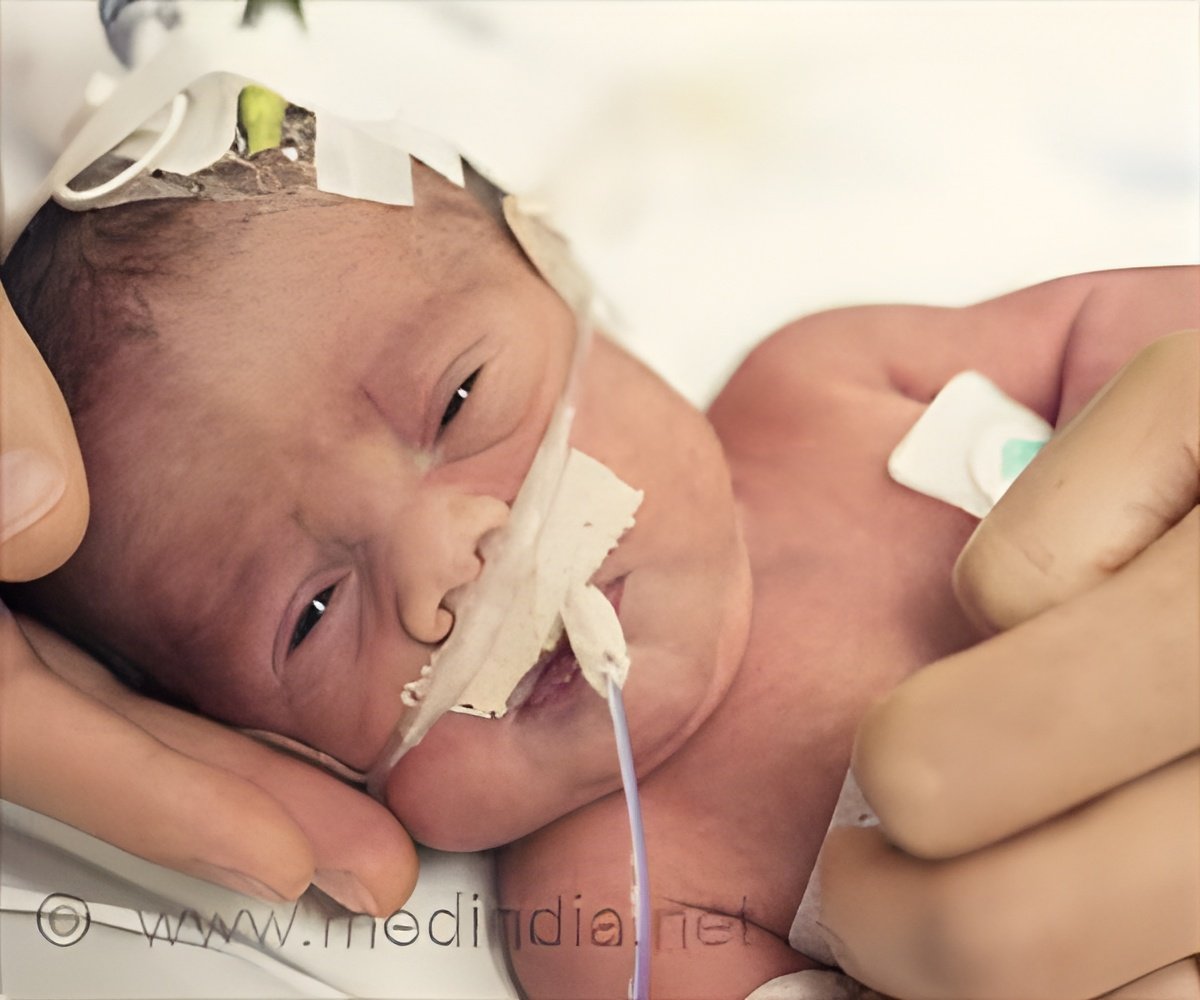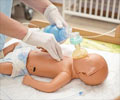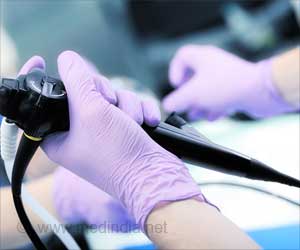Premature babies undergo a catheterization procedure with the peripherally inserted central catheters to get IV fluids and medicines. The use of plastic drapes can help prevent the decrease of body temperatures among these babies, according to a new study.

‘Plastic drapes can effectively reduce the hypothermia rate in very low birth-weight neonates during PICC procedures.’





Huong (Kelle) Phan, assistant professor at the University of Houston College of Nursing, found a solution to this problem. She says, "The use of the plastic drape is a quality improvement to reduce the hypothermia rate in very low birth-weight (VLBW) neonates by replacing cloth blanket/towels with a plastic drape during PICC placement. A plastic drape shows promise in improving nursing practice by providing improved thermoregulation for premature neonates during PICC placement." Phan and the team implemented the usage of plastic drapes for 58 PICC procedures over three months. The effects of plastic drapes on hypothermia were assessed using a pre-/post-test design and compared with the impact of traditional cloth blankets. Babies who got plastic drapes showed a 5.2% hypothermia rate, whereas a hypothermia rate of 11.3% was seen in babies who got cloth blankets.
"Phan's innovative nursing intervention of using the plastic drape during a PICC insertion helps some of our most vulnerable patients, those infants that must be treated in neonatal intensive care units," said Kathryn Tart, founding dean and Humana Endowed Dean's Chair in Nursing, UH College of Nursing.
Phan's findings show how we could solve potentially dangerous conditions by using simple interventions. She further recommends more extensive studies to explore the usage of plastic drapes in the operating room and other NICU procedures.
Advertisement










